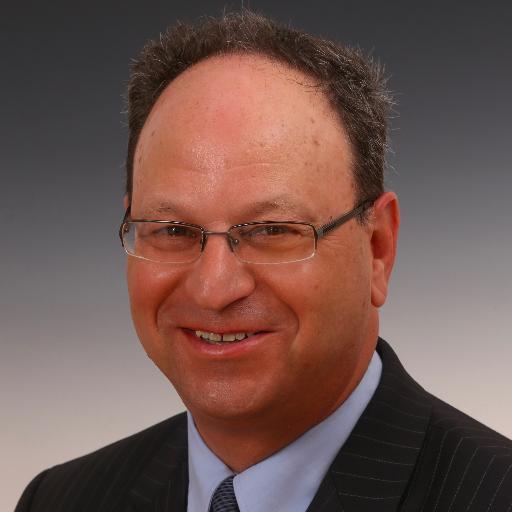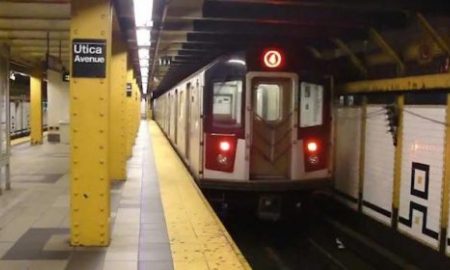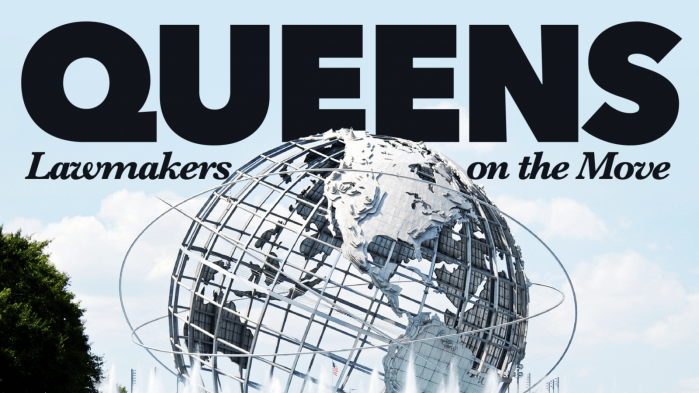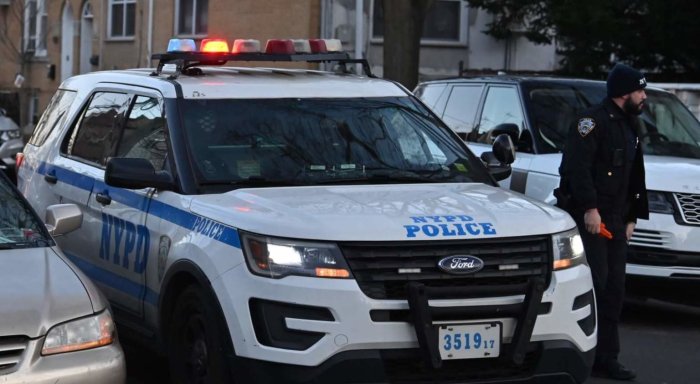A new transit program aimed at helping working-age poor New Yorkers received majority support from the City Council yesterday.


Under the title “New York City Council Members for Fair Fares,” 35 Council Members, including City Council members Jimmy Van Bramer (D-Woodside, Sunnyside, Long Island City, Astoria) and Barry Grodenchik (D-Bayside, Bellerose, Douglaston, Floral Park, Fresh Meadows, Glen Oaks, Hollis, Hollis Hills, Holliswood, Little Neck, Queens Village), signed a letter today declaring that access to the city’s “subways and buses is a basic economic necessity for New Yorkers.”
The ‘Fair Fares’ program, subsidized half-priced bus and subway fares for working-age city residents living at or below the federal poverty line. The program is aimed to help students, homeless veterans, single mothers, working poor and others struggling with public transportation access. The coalition of lawmakers want to include the program as part of the Mayor’s Fiscal Year 2019 budget (FY ‘19).
Mayor Bill De Blasio omitted funds for Fair Fares, a proposal by the Community Service Society (CSS) and Riders Alliance, in his $88.67 billion preliminary budget citing the cost last month. However, at his State of the City Address, the Mayor unveiled his plan for making New York City the “Fairest Big City in America.”, a comprehensive plan set to close the wealth disparity across the city.
Van Bramer lauded the proposal’s ability to give all city residents an opportunity to bring transit options.
“Access to our transportation system is a necessity for all New Yorkers and is all the more challenging to those with low incomes. We, as lawmakers, can help ensure that those living below the poverty line are able to take the bus or subway to appointments, work and school by making the Fair Fares plan a reality, guaranteeing half price MetroCards for some of our city’s most vulnerable,” said Van Bramer.
Under the `Fair Fares’ proposal, working-age New York City residents living at or below poverty ($24,339 for a family of four) would be eligible for half-priced MetroCards. It would save eligible city transit riders $726 annually off the cost of a monthly MetroCard.
Grodenchik applauded the proposal, highlighting the measures ability to close transit gaps for struggling New York residents.
“Having basic access to public transportation should not overwhelm a household budget. The Fair Fares proposal to provide low-income New Yorkers with half-priced MetroCards offers a significant step toward increasing transit affordability,” said Grodenchik.
The Community Service Society (CSS) and Riders Alliance, a transit rider membership organization, launched the `Fair Fares’ campaign two years ago based on CSS research which found that one in four low-income residents often cannot afford bus and subway fares.
Currently a fare for the MTA for one-way in one-direction per person is $2.75. While a weekly unlimited card is $31 and a monthly unlimited card is $116.50. The reduced-fare program would only apply to the rates for a weekly and monthly MetroCard.
The 35 Council members are hoping the program will ultimately be included as a priority in the final budget negotiations expected later this year.







